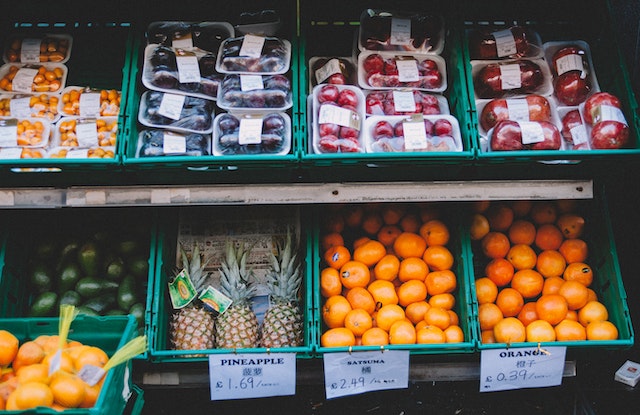Roughly 47 percent of households earning less than $50,000 a year reported receiving food benefits in May, up from 39 percent in February, according to research from Morning Consult, reports NBC News.
The report also found that households making more than $50,000 a year spent nine percent more on groceries over the past few months, while those earning less spent roughly three percent less of their income on food over the same time period. The divergence between the two income categories could mean food inflation unevenly affects different consumers, according to the report.
“It could be that persistent inflation is getting to people’s budgets, and now it’s starting to squeeze them more and they need to rely on these other sources of income to subsidize their grocery spending,” said Sofia Baig, an economist at Morning Consult who worked on the report. SNAP is one of these alternative grocery budget sources.
The recent bipartisan debt-limit deal further restricted SNAP eligibility, which has come under fire from analysts and activists.
“Circumstances for low-income households can still be pretty harsh, and SNAP can play a vital role,” said Ed Bolen, director of SNAP state strategies at the Center on Budget and Policy Priorities, a think tank, in a statement. “When that boost goes away, households are having to make ends meet with less.” Full Story
Related: Grocers' Food Waste Rises in Summer; Kroger Exec on ‘People Champions’

